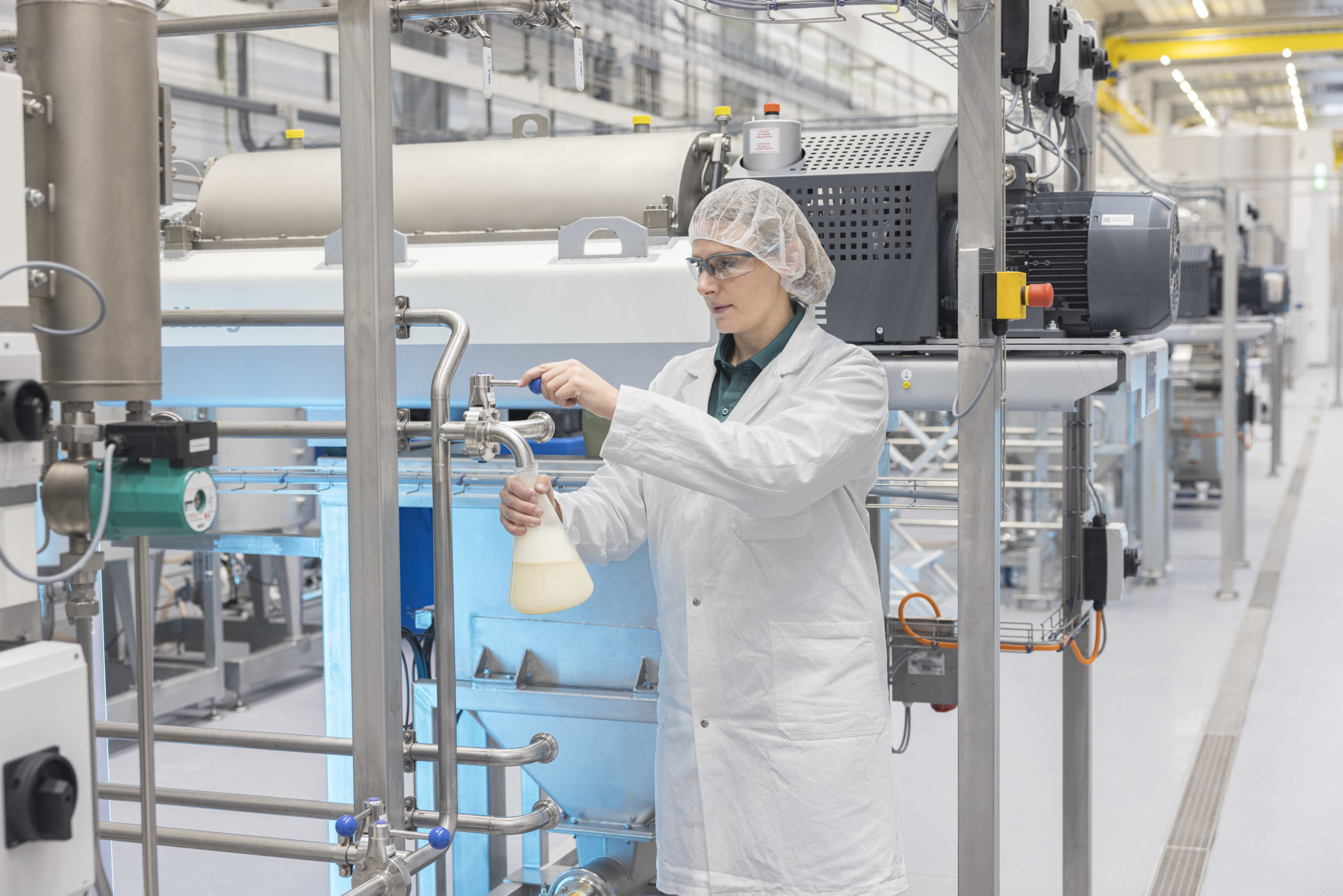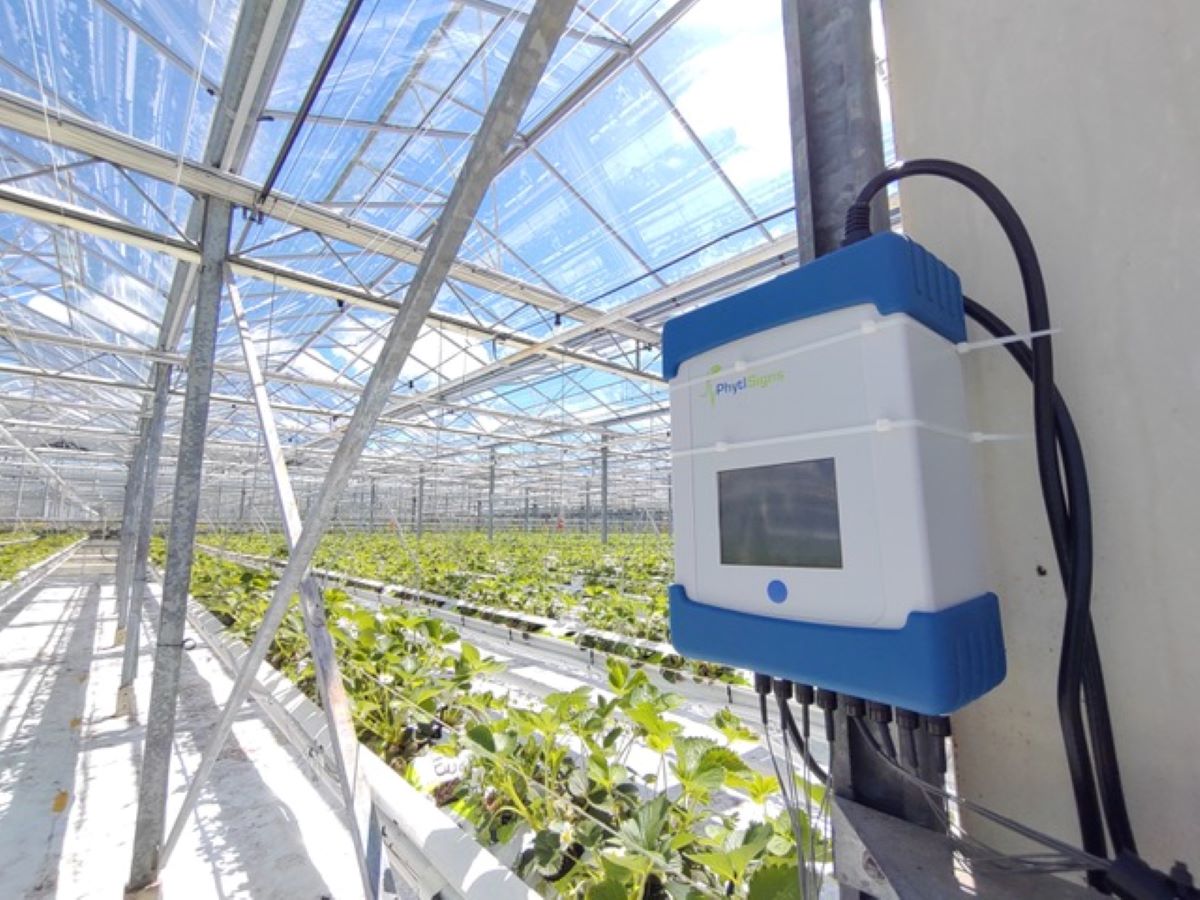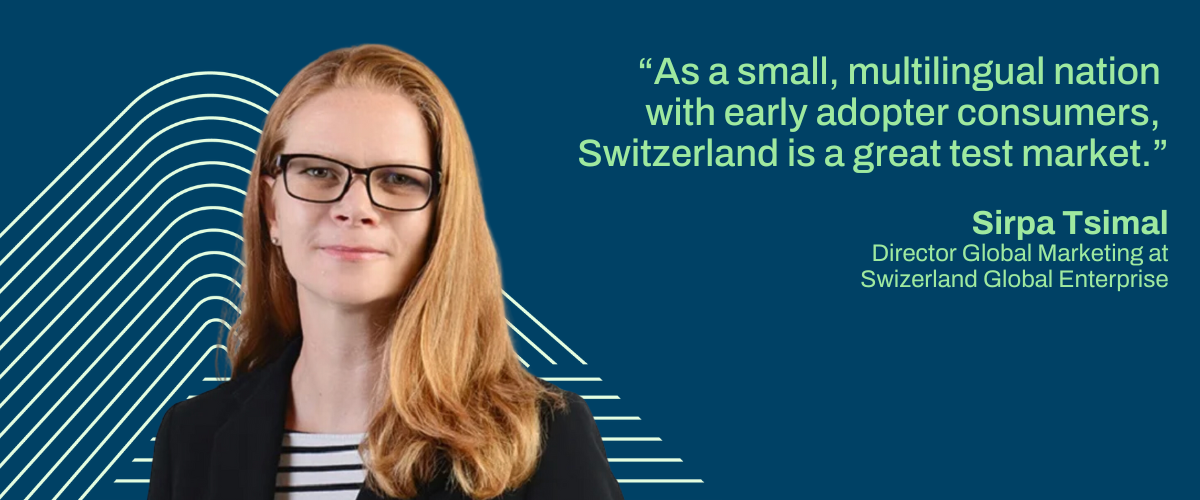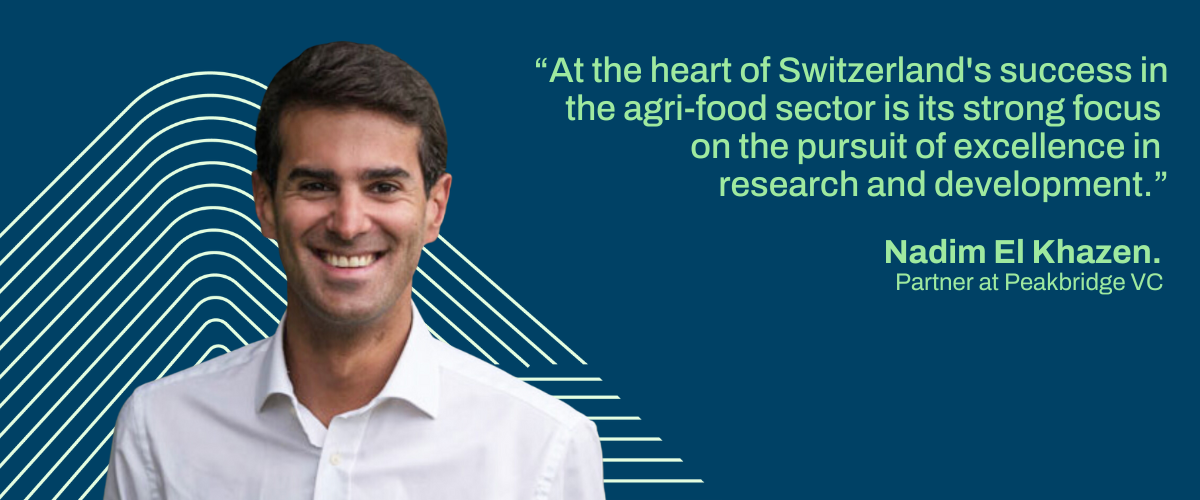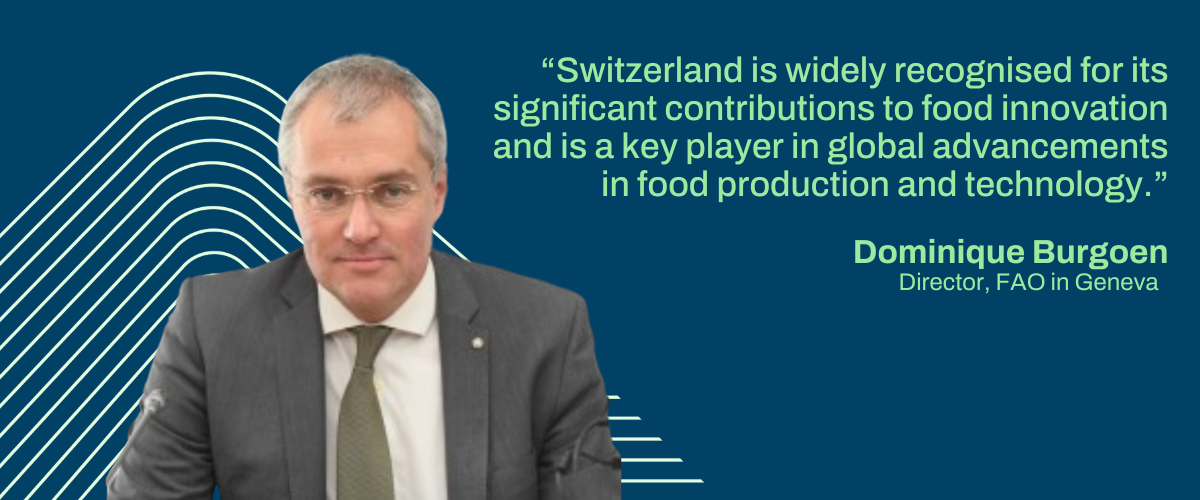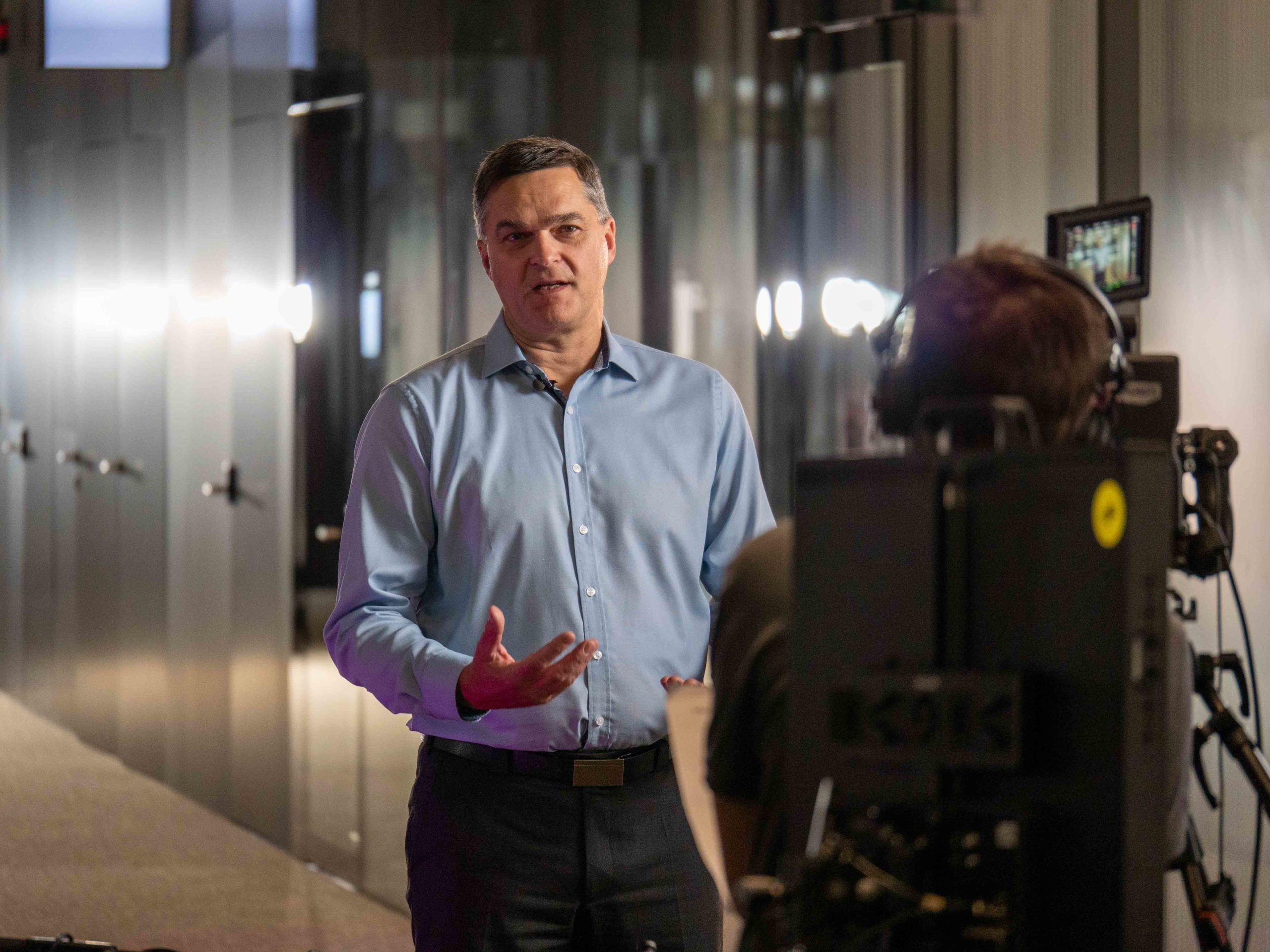Valley partner, FoodYoung, a...
Givaudan & Berkeley unveil new research redefining efficiency in alternative protein
Givaudan & Berkeley unveil new research redefining efficiency in alternative protein
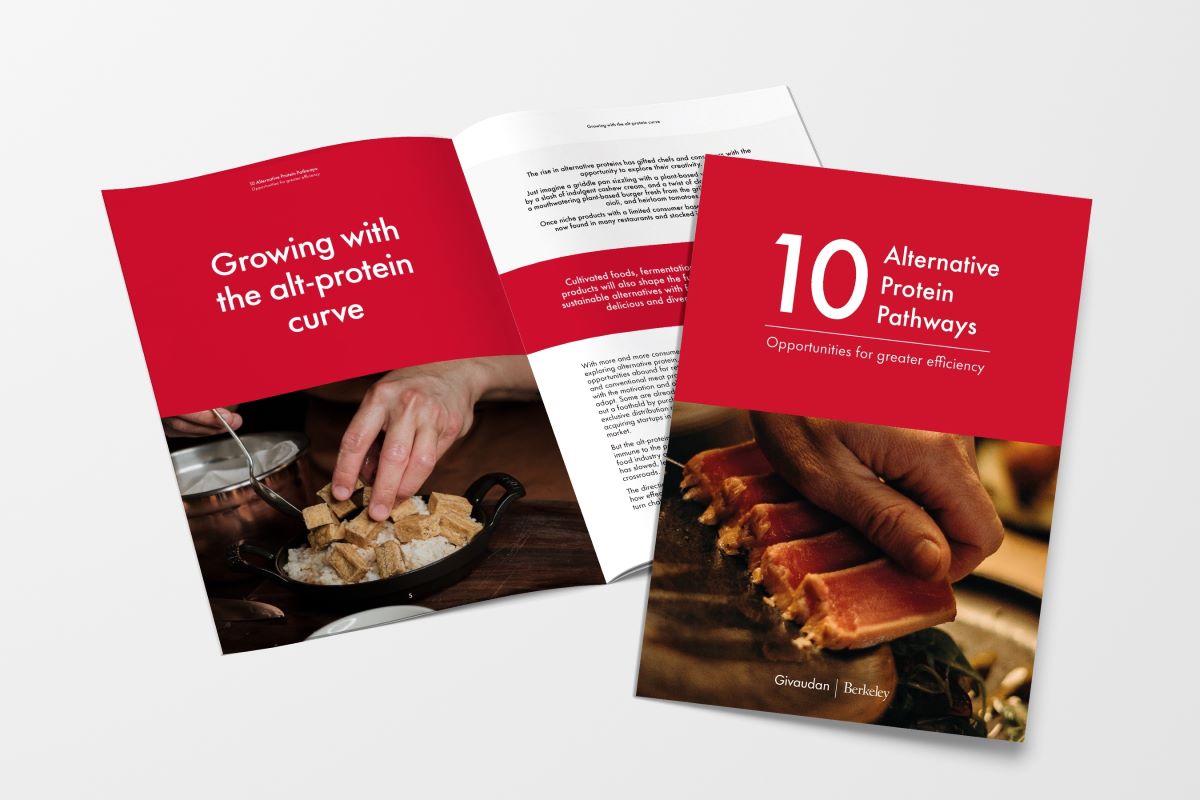
In their fifth annual collaboration, Givaudan and the University of California Berkeley have released transformative research paving the way for enhanced efficiency in alternative protein. The latest white paper entitled ‘10 Alternative Protein Pathways: Opportunities for Greater Efficiency’ outlines key challenges and opportunities on the journey to co-create delicious and nutritious alt-protein experiences that delight consumers.
With more consumers expected to explore plant-based protein, opportunities abound for food producers and retailers to develop sustainable, healthy alternatives that deliver diverse food experiences. With its deep industry knowledge, Givaudan has once again teamed up with the University of California Berkeley Product Development Program to provide practical steps on how industry players can create mouthwatering, affordable, alternative protein products.
Sudhir Joshi, Professor, Board Member and Product Development Program Coach at the University of California Berkeley, said: “Alternative proteins can significantly reduce environmental impact and improve human health. Our findings identified four key areas where producers can focus on improving efficiencies and reducing costs for alternative protein products. These were further divided into specific steps companies can take to mitigate risk, while still making tasty, healthy, and cost-effective products.”
Exploring challenges and opportunities
The research explores the key challenges the industry faces, such as supply chain issues, resource consumption, production scale-up, and competitive pricing. It also offers 10 clear and actionable pathways to help alt-protein producers address these hurdles and maximise efficiency. This includes identifying ingredient combinations that ensure the best quality and value for both food innovators and consumers, and outlining ways to optimise the use of energy, water, and other natural resources. The end goal? To enable the industry to create alternative protein experiences that are good for both people and the planet.
Flavio Garofalo, Global Director, Culinary & Plant Attitude, Givaudan, said: “In today’s dynamic environment, the key to gaining a competitive edge lies in strategic partnerships. Companies that team up with others to pool their knowledge, expertise and resources will be better placed to spot market opportunities, unlock efficiencies, and scale innovations more quickly. Every year, we join forces with the University of California Berkeley to investigate key topics related to alternative protein. Why do we do it? Because it helps us look at alternative protein in a more holistic way, which puts us in a better position to support our customers.”
Bringing the research to life through a startup challenge
To bring the insights from its new research to life, Givaudan is also launching a Start-Up Challenge. The company will select five start-ups from around the world to reduce the costs of a standard recipe using the pathways outlined in the white paper, including raw material optimisation, hybrid products, process optimisation, and new technology and innovations.
Givaudan started its alternative protein journey over a decade ago, with the knowledge that these products are pivotal to a food future that’s good for humans, animals, and the planet. The company’s global protein network includes four hubs dedicated to developing holistic alternative and plant-based food experiences. These hubs enable Givaudan customers to co-create products ensuring they have the right taste, mouthfeel, colour, visual appeal and nutrition to meet consumer preferences in their markets. They also offer access to an entire ecosystem of experts in plant-based dairy and savoury products, along with specialised products, knowledge and technical equipment.
Download the ’10 Alternative Protein Pathways’ white paper here.
About Givaudan
Givaudan is the global leader in the creation of flavours and fragrances, with its heritage stretching back over 250 years, the Company has a long history of innovating tastes and scents. From a favourite drink to your daily meal, from prestige perfumes to cosmetics and laundry care, its creations inspire emotions and delight millions of consumers the world over. The Company is committed to driving purpose-led, long-term growth while leading the way to improve happiness and health for people and nature. In the fiscal year 2020, the Company employed almost 16,000 people worldwide and achieved sales of CHF 6.3 billion and a free cash flow of 12.8% of sales. Visit the website to find out more.
About Givaudan Taste & Wellbeing
Powered by innovation and creativity, Givaudan Taste & Wellbeing aims to shape the future of food by becoming the co-creation partner of choice to its customers. Built on its global leadership position in flavours and taste, the Company goes beyond to create food experiences that do good and feel good, for body, mind and planet. With an expanded portfolio of products across flavours, taste, functional and nutritional solutions and a deep knowledge of the food ecosystem, Givaudan’s passion is to collaborate with customers and partners to develop game changing innovations in food and beverage. Let’s imagine together the future of food. Click here to learn more.
Never miss a Swiss food innovation morsel.
Latest News
FoodYoung opens groundbreaking innovation facility in Balerna, Switzerland
Christina Senn-Jakobsen: Concern about Ultra Processed Foods (UPFs) is growing — but is processing really the problem?
Concern about Ultra Processed Foods...
SFNV’s new Steering Committee Chair Marie-France Tschudin on encouraging collaboration for a better food system
Collaboration is crucial to allow food...
Planted builds additional production facility for Europe in southern Germany
Valley Partner Planted, the Swiss...




